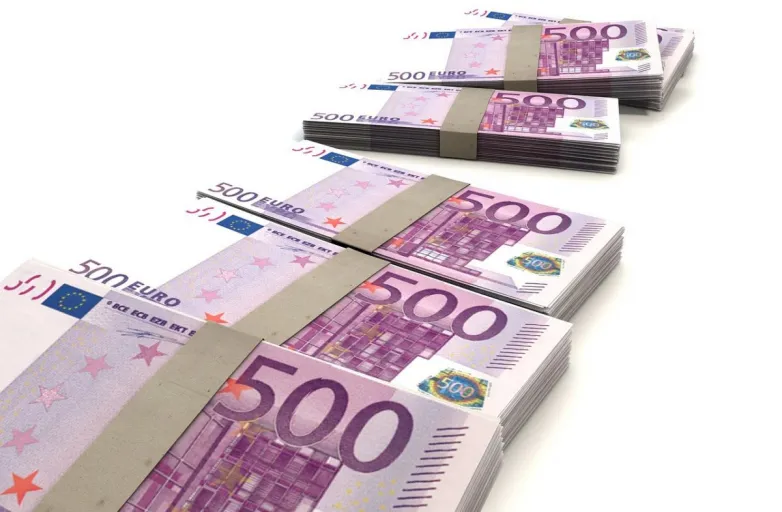Solar might hold benefit in post-pandemic global power sector
- The International Energy Agency has acknowledged remarkable falls in power financial investment brought on by the Covid-19 situation but stated renewables, consisting of PV, provided an attractive suggestion to investors as the dust worked out, provided their enticing business economics and brief turnaround times.

The global energy industry is undertaking essential changes as a result of the Covid-19 pandemic, as well as with the sector that emerges from the dilemma "substantially different from the one that came before," potential customers for solar appearance great, according to a study by the International Power Agency (IEA).
However, warned the IEA in its World Energy Financial investment 2020 report, the influence of the coronavirus situation is drastically affecting power investment, with small scale solar in Europe amongst the segments dealing with a lack of customer confidence amidst anxieties of an impending global depression.
While financial investment in solar has declined, though, the innovation's intrinsic advantages are likely to make it a strong option for financiers moving forward, according to the intergovernmental body.
Power financial investment is expected to fall by a fifth this year, because of the public health dilemma, the IEA has actually forecasted.
Solar troubles
" The speed as well as scale of the fall in energy investment task in the first half of 2020 lacks precedent," stated the Paris-based company. "Lots of companies reined in costs; task employees have been restricted to their houses; intended financial investments have been delayed, deferred or shelved; as well as supply chains disrupted."
The research study noted China stays the biggest market for investment and also is still a significant determinant of international trends. An approximated 12% decline in Chinese power costs this year might be offset by the very early reactivate of commercial activity after lockdown steps were enforced in the initial quarter, claimed the IEA. The USA saw a bigger fall in energy financial investment, of more than 25%, because of its better exposure to the oil and also gas markets-- around half of UNITED STATE energy financial investments belong to nonrenewable fuel source supply. Europe has experienced an approximated decrease of around 17%, according to the research, with financial investment in electrical grids, wind power and also energy efficiency standing up much better than dispersed solar and also oil as well as gas, which all saw steep falls.
Last investment decisions for brand-new utility scale renewables jobs around the world slowed down in the initial quarter to fall back to 2017 degrees.
Technology
Questions stay regarding the shape of the post-crisis energy sector, including its monetary toughness, tactical orientation and also hunger for threat. One key indicator will be the quantity of funding invested in clean energy modern technologies, a yearly number which has actually stayed secure in recent years at around $600 billion, the IEA claimed. A constant increase in deployment of solar and wind power and also electric cars has actually caused system price reductions, the report noted.
A focus on worth and fast delivery, as well as environmental gains, could benefit renewables, which are not only amongst the cheapest choices for new generation but additionally have relatively brief investment cycles, the IEA mentioned.
" These financial investments likewise make great sense for economic capitalists: brand-new joint evaluation with Imperial College London reveals that renewable power firms in innovative economies have actually provided greater equity returns over the past decade than those in fossil fuel supply, and weathered the tornado in 2020 much better as well," specified the record.
Changing picture
The tectonic changes in the energy sector anticipated this year proceed trends seen last year, which showed the globalization of financial backing (VC) investment in power modern technology, with corporate as well as economic investors alike seeking possibilities to back leading startups.
Early-stage VC funding in 2014 was spread throughout more innovation locations than in previous years, the IEA found. While low-carbon transportation-- primarily electric cars and also billing infrastructure-- accounted for 35% of such financial investment, that share was a lot lower than in previous years. Financial investment in other markets grew substantially, significantly solar, power storage, hydrogen, gas cells and bioenergy. Those new locations of financial investment mainly countered the $1.5 billion decrease in transport financing.
Notable start-up deals introduced in 2014 included Norwegian power group Equinor's significant financial investments in Dubai-based solar firm Yellow Door Power and also in U.K.-based perovskite start-up Oxford PV.
Total VC costs on solar reached $400 million last year, up from around $200 million in 2018 as well as the highest degree taped since the $600 million invested in 2011.
Also read

